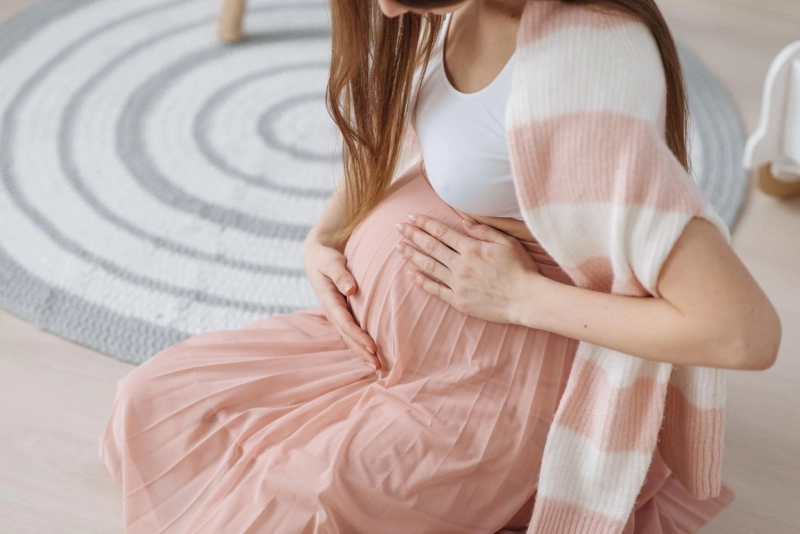Introduction
For couples undergoing in vitro fertilization (IVF), the journey towards parenthood can be both exciting and challenging. While IVF has significantly improved the chances of conception, it is essential to be aware of potential complications, such as ectopic pregnancy. Ectopic pregnancies occur when a fertilized egg implants outside the uterus, most commonly in the fallopian tubes. Recognizing the signs and symptoms of an ectopic pregnancy is crucial for early detection and prompt medical intervention. In this article, we will explore the unique aspects of ectopic pregnancies after IVF and discuss the warning signs to watch out for.
Understanding Ectopic Pregnancy after IVFIn normal pregnancies, fertilization occurs in the fallopian tubes, and the fertilized egg then travels to the uterus for implantation. However, IVF bypasses this natural process by directly transferring the fertilized embryo into the uterus. Despite this, there is still a small risk of ectopic pregnancy after IVF, estimated to be around 2-5% of all IVF pregnancies.
Common Signs and SymptomsEctopic pregnancies can manifest differently from typical pregnancies, and being familiar with the signs can make a crucial difference. Here are some common warning signs to be aware of:
a. Vaginal Bleeding: Light to moderate vaginal bleeding, which may be accompanied by pelvic pain or cramping, can be an early indication of an ectopic pregnancy. This bleeding is often different from normal menstrual bleeding and may occur at irregular intervals.
b. Abdominal or Pelvic Pain: Persistent pain on one side of the abdomen or pelvis, especially if it worsens over time, should not be ignored. The pain may be mild or severe and might be accompanied by shoulder pain or dizziness.
c. Shoulder Pain: Unexplained shoulder pain, typically on the side opposite to the ectopic pregnancy, can occur due to the irritation of the diaphragm caused by blood leaking from the fallopian tube.
d. Gastrointestinal Symptoms: Nausea, vomiting, diarrhea, or constipation may be present, potentially leading to confusion with common digestive issues. However, if these symptoms are combined with other warning signs, they should be taken seriously.
e. Absence of Typical Pregnancy Symptoms: Unlike normal pregnancies, ectopic pregnancies may lack common signs such as breast tenderness, frequent urination, or missed periods. However, it's important to note that these symptoms alone are not conclusive evidence of an ectopic pregnancy.
When to Seek Medical AttentionIf you experience any of the above symptoms after undergoing IVF, it is crucial to seek immediate medical attention. Early detection and diagnosis significantly improve the chances of successful treatment and reduce the risk of complications associated with ectopic pregnancies, such as ruptured fallopian tubes.
Conclusion
While IVF has revolutionized fertility treatment, it is essential to be aware of the potential risks and complications associated with the procedure. Recognizing the signs and symptoms of an ectopic pregnancy after IVF can help in early detection and prompt medical intervention, leading to better outcomes for both the mother and the developing embryo. If you experience any unusual symptoms or have concerns about your pregnancy, always consult your healthcare provider. Remember, timely action can make a significant difference in your reproductive journey.


